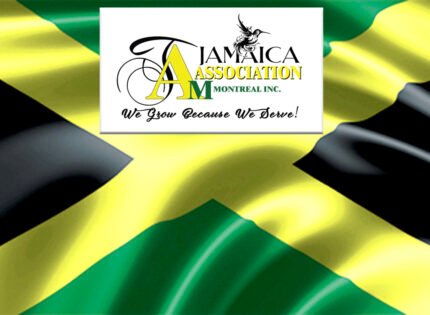Police “interpellations” are either illegal (Nova Scotia), regulated by law (Ontario) or outlawed everywhere in Canada except Quebec! Why?
What is commonly known in Quebec as an “interpellation”, is an information gathering practice by police involving the stopping, questioning, and documenting pedestrians, or passengers in a vehicle, where no particular offence is being investigated.
There is a difference between an “interpellation” and a “traffic stop”. When a police officer asks a motorist to stop his or her vehicle, it is referred to as a “traffic stop” not a “interpellation”.
In this province, the Quebec Highway Safety Code and Common Law authority, give police officers the power to randomly stop vehicles for driving-related purposes such to check the validity of the driver’s license and insurance, the mechanical condition of the vehicle or the driver’s sobriety.
However, when a police officer stops a motorist, passengers have no legal obligation to identify themselves nor to answer the officer’s questions, unless they are subjects of an “investigative detention”, which triggers their constitutional rights under the Quebec and Canadian Charters. (ie: speak to a lawyer and being told why they are being detained)
Back to the “interpellations”. Typically, these types of interactions take place in public, private or any place police have contact with the public. The information collected by the police on the person, is then stored internally and may include details about the individuals’ gender, race, the reason for the interaction, location, and the names of any associates. This information is purportedly collected by the police to build an “intelligence” database for unspecified future use.
However, the practice of “interpellations” is known to have historically contributed to a disproportionate amount of Black, Indigenous and racialized people being unjustifiably recorded in police databases. In Montreal, racialized people have been stopped by “generations” of police officers. This illegal practice is indeed well anchored in the “memory” and “DNA” of the police and of these communities.
Between 2001 and 2007, Dr. Mathieu Charest consulted the SPVM’s registry of “interpellations” and discovered 10,000 names of individuals who were “labelled” as members or sympathizers of street gangs! Meanwhile, the SPVM’s official record showed only 500 members, 50 of whom formed the core of the membership. What about the other 9,450? They are deemed guilty by unsubstantiated belief of association!
The results? Across Canada, the consequences of the practice of “interpellations” have been documented to include mental and physical health problems, loss of trust with the police, disparities within the criminal justice system, and social disadvantage, including potential loss of educational and employment opportunities.
Between 2009 and 2011, it was discovered that Toronto police entered 1.1 million names in its database, which equated to roughly one entry for every three Torontonians. Following Black community outrage and serious pressions on the government, in 2016, the province of Ontario announced new regulations to regulate “interpellations” to ensure they were Charter compliant. Under the law, officers would now have to inform people they stopped of their right to withhold information and walk away. The new regulation also obligated officers to provide a receipt carrying the officer’s name and badge number, to the person from whom they collected information.
In a 2018 legal opinion requested by the Nova Scotia Human Rights Commission, retired Justice Michael MacDonald concluded that the practice of stopping of citizens to collect and record their personal information was “not reasonably necessary for the police to execute their duties when balanced against the interference with individual liberty”, “creating a “disproportionate and negative impact on Black Nova Scotians” and “not authorized under statute, or at common law.” Hence, it was deemed ILLEGAL. Based on that opinion, the Nova Scotia government rightfully banned the practice of “interpellations” across the province and issued strict legally sound directives to police, to circumscribe the collection of information from citizens.
In a letter dated November 8, 2023 to the Minister of Public Safety Francois Bonnardel, 36 community, advocacy, union and legal clinic groups lead by the Ligue des droits et libertées section Montreal, beseeched the Quebec government to include charter compliant provisions within its new “directives” on interpellations which they were preparing to issue in December.
However, on December 4, the “new” guideline was added to the Ministère’s website without fanfare or any public announcement by minister Bonnardel. The suggestions made a month earlier by civil society groups were simply ignored!
The government basically said: “dammed the torpedoes”, and the fact that “interpellations” flout the rights and freedoms of the entire population and are a known and legally documented source of systemic racial profiling, we need to “let police officers do their job”! What job?
After the appeal of the Yergeau decision in Luamba regarding their discriminatory traffic stops, the message sent by these new governmental directives to police officers in this province is clear: keep on keeping on, we’ve got your back! La bêtise insiste toujours!
However, be rest assured that in 2024 the fight and resistance to the practice of “interpellations” will continue relentlessly.
Stay tuned!















